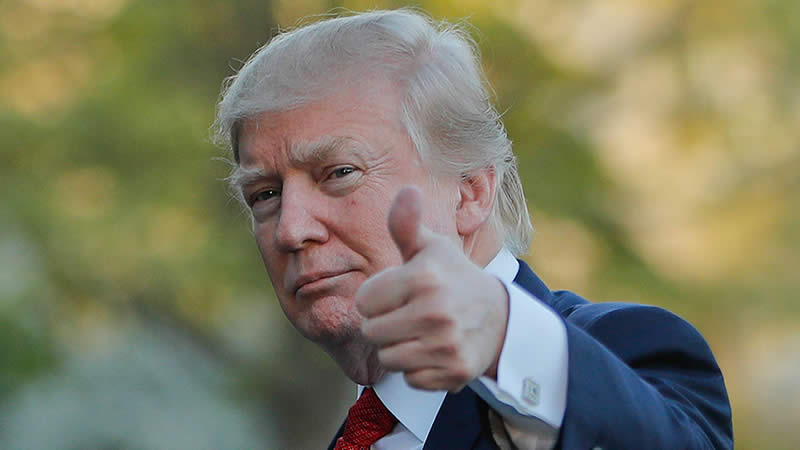Donald Trump Receives Surprising Bond Reduction Amid Ongoing New York Legal Battles

Courtesy: nbcnews
The decision by a five-judge appeals court panel to significantly reduce Donald Trump’s bond in the New York civil fraud case from $464 million to $175 million, while also extending his payment deadline by an additional ten days, has sparked a wave of astonishment among legal circles. This unexpected turn of events has been perceived by some as a substantial reprieve for the former president, raising eyebrows about the fairness and equality of the legal system.
Tristan Snell, a former Assistant Attorney General for New York State who is known for his role in the successful prosecution of the Trump University case resulting in a $25 million settlement, criticized the court’s decision as indicative of preferential treatment. His sentiments were echoed by Glenn Kirschner, a former federal prosecutor and current legal analyst for MSNBC, who lamented that the outcome reflects a disparity in the application of laws and constitutional principles between Trump and the average citizen.
Despite this perceived judicial favor, an analysis by Ray Brescia, a legal ethics and civil procedure expert, in an op-ed for The Daily Beast, paints a grim picture of Trump’s legal predicaments. Brescia, who serves as the Associate Dean for Research and Intellectual Life at Albany Law School, articulated that Monday’s ruling does little to alleviate the larger, more complex legal challenges Trump faces in New York.
“Team Trump seemed to have won a bit of a victory in one,” Brescia writes, “but certainly not in the other. While Trump’s camp is likely relieved that he doesn’t have to post a nearly half-billion-dollar bond to continue his appeal, the fact remains that both that case and the Stormy Daniels hush money case are still moving full steam ahead,” he adds.
Additionally, Axios’ Jacob Knutson and Ivana Saric pointed out in a report Monday, “Trump’s lawyers said last week that securing a bond that size has been ‘impossible’ after they approached more than two dozen companies and none were willing to cover the amount,” while the New York Times noted, “More than 30 bond companies turned down his lawyers’ requests to guarantee the bond.”
Brescia’s commentary highlighted that while the lowered bond might ease the immediate financial burden on Trump, allowing him to appeal the substantial judgment against him for alleged fraudulent business activities, it does not extricate him from the looming legal battles ahead. Notably, the trial concerning the Stormy Daniels hush-money case is set to commence in mid-April, a proceeding for which, according to Brescia, the Trump legal team appears to have exhausted all potential delay tactics.
Knutson and Saric emphasized, “State of play: No company would accept his real estate as collateral and would only accept cash or cash equivalents, his lawyers said. His inability to secure a bond under those terms at the very least suggests he lacks access to a large amount of liquid assets.”
Brescia writes, “The appellate court in this case said earlier today that to appeal Justice [Arthur] Engoron’s decision, the defendants will still have to post a bond for roughly one-third of the full judgment.
“The court did not rule on the merits of the underlying decision, nor did it indicate in any way that the court will reverse all or even any part of Justice Engoron’s prior ruling. What is more, one of the reasons the appeals court might have allowed the reduction of the bond was that much of the defendants’ assets are not all that difficult to find.”
This situation underscores the intricate web of legal challenges that continue to ensnare the former president, suggesting that despite occasional procedural victories, the overarching legal jeopardy remains significant. The juxtaposition of the appeals court’s decision against the backdrop of Trump’s ongoing legal entanglements offers a complex narrative about the interplay between wealth, power, and justice, and raises questions about the consistency and impartiality of the legal system.


